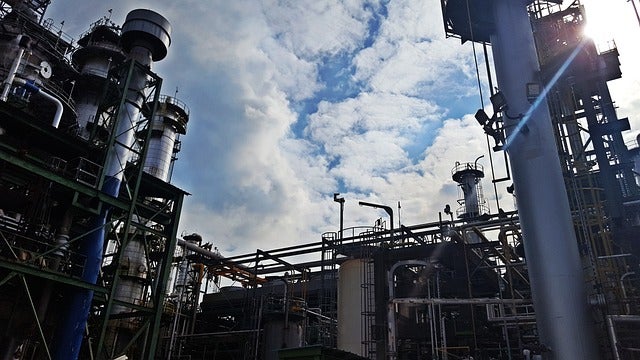
ExxonMobil has awarded a front-end engineering and design (FEED) contract to Technip Energies for a low-carbon hydrogen project to be built at its Baytown refining and petrochemical complex in Texas, US.
According to ExxonMobil, the Baytown low-carbon hydrogen, ammonia, and carbon capture facility will have a daily production capacity of one billion cubic feet of low-carbon hydrogen. Expected to be the largest low-carbon hydrogen project in the world, the facility is planned to begin production in 2027-2028.
The company said that more than 98% of the associated CO2 gas produced by the facility, which is nearly seven million metric tons per year, is anticipated to be captured and stored permanently.
A final investment decision for the low-carbon project is likely to be taken by 2024. This is conditional on stakeholder support, regulatory permits, and market conditions, said the US-based oil and gas firm.
ExxonMobil said that the carbon capture and storage network being built for the project will be accessible to third-party CO2 emitters in the area to underpin their efforts of decarbonisation.
ExxonMobil low carbon solutions president Dan Ammann said: “This project allows us to offer significant volumes of low-carbon hydrogen and ammonia to third party customers in support of their decarbonisation efforts.
“In addition, the project is expected to enable up to a 30% reduction in Scope 1 and 2 emissions from our Baytown integrated complex, by switching from natural gas as a fuel source to low-carbon hydrogen.”
ExxonMobil will pair the low-carbon hydrogen facility with its olefins plant to supply more sustainable, lower-emissions products for customers and society.
Technip Energies gas and low-carbon energies SVP said: “We are very excited to be engaged with ExxonMobil Low Carbon Solutions to help design their low-carbon hydrogen production facility. We are committed to advancing the energy transition and this project will be a hallmark in contributing to the decarbonisation of existing facilities and capturing significant volumes of carbon emissions.”
Located along the Houston Ship Channel, the Baytown complex houses an oil refinery, a chemical plant, and an olefins plant.






